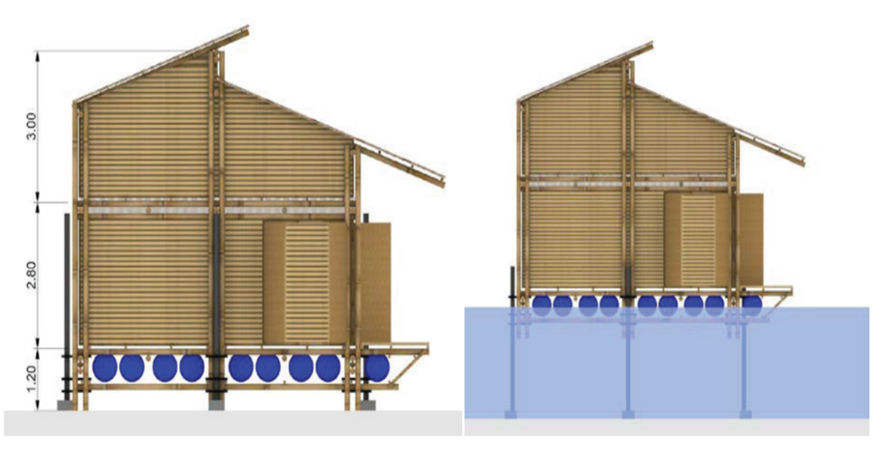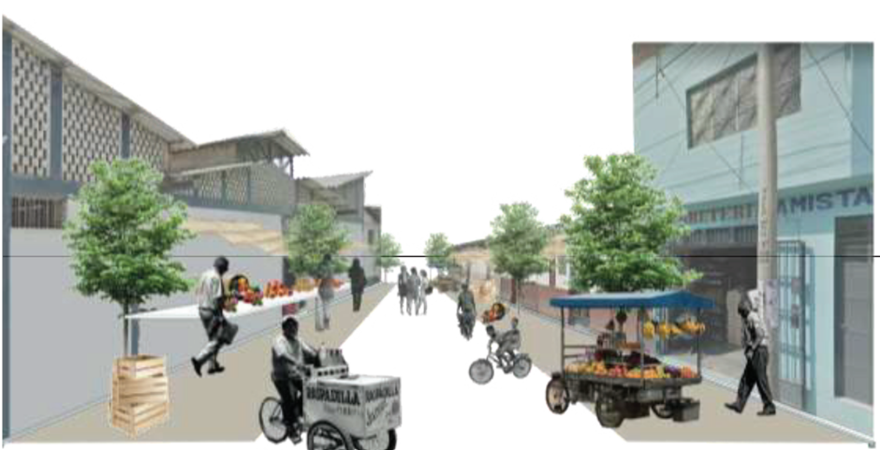- +91-11-4044-5999
- info@cdri.world
-
Copernicus Marg, New Delhi, INDIA
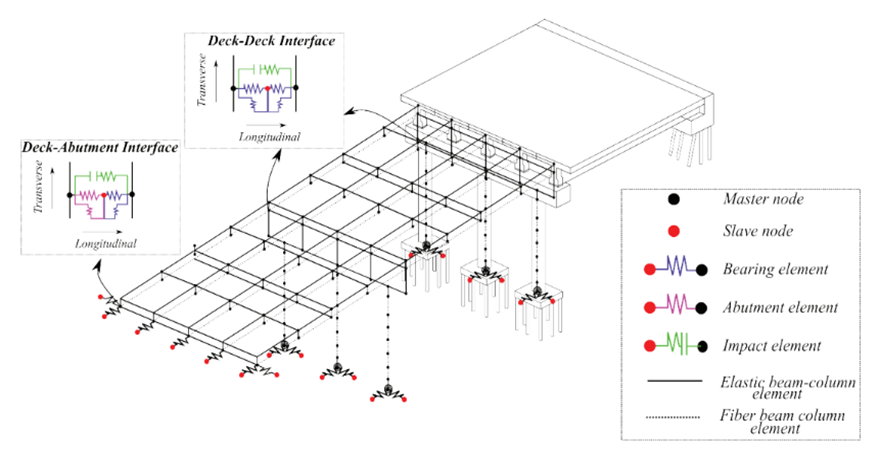
Disaster resilience of bridges exposed to climate change and growing traffic load during design life
Dr Swagata Banerjee Basu
Associate Professor, Department of Civil Engineering, Indian Institute of Technology Bombay, Powai, Mumbai, India
Abstract: The concept of resilience-based performance evaluation, which integrates vulnerability, loss and recovery measures, is rapidly gaining global importance in bridge engineering research and practice. In this context, the current research, supported by CDRI, has developed an analytical framework to assess disaster reliance of reinforced concrete (RC) bridges located in chlorine-laden and dense traffic environments. Floods and earthquakes are identified as the two primary natural disasters that triggered a majority of bridge failure in the past. Within the research scope, bridges on surface and over waterways have been assessed. Gradual degradation of these bridges is modelled by taking the combined effect of corrosion degradation and traffic-induced fatigue, commonly known as corrosion-fatigue degradation, over life cycles of these bridges. Modelling material deterioration due to corrosion-fatigue involved the simulation of truck traffic on bridge girders using stochastic samples of trucks obtained from weigh-in-motion (WIM) measurements and the estimation of fatigue stresses at critical locations of bridge girders. For performance simulation of these bridges under natural disasters, finite element (FE) models of these bridges have been developed. These FE models are updated according to the time-variant deterioration of composing materials owing to corrosion-fatigue degradation of bridge girders and corrosion of piers. Nonlinear time history analyses (NLTHA) are performed to assess bridge performance under the stated natural disasters. From the obtained results, time-variant disaster risk and resilience are estimated for different lifecycle years of the bridges. Results showed a declining trend in disaster resilience of the bridges as time progressed. Overall, the research demonstrates the confronting role of bridge degradation for developing disaster- resilient bridge infrastructures.
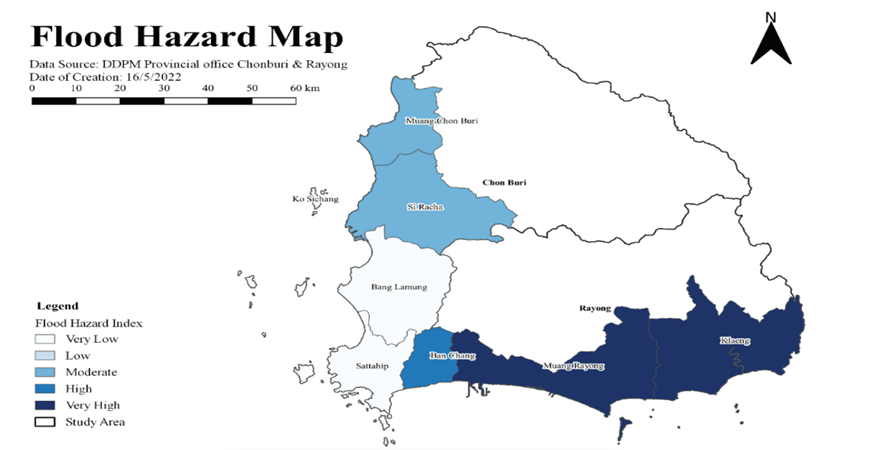
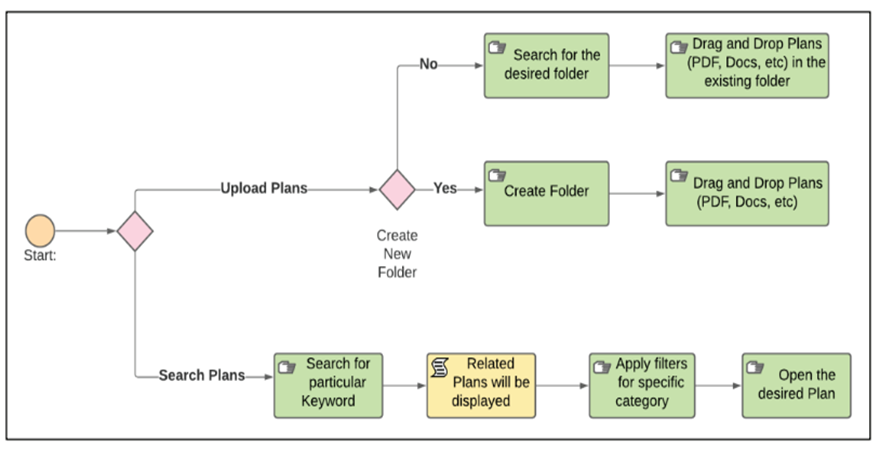
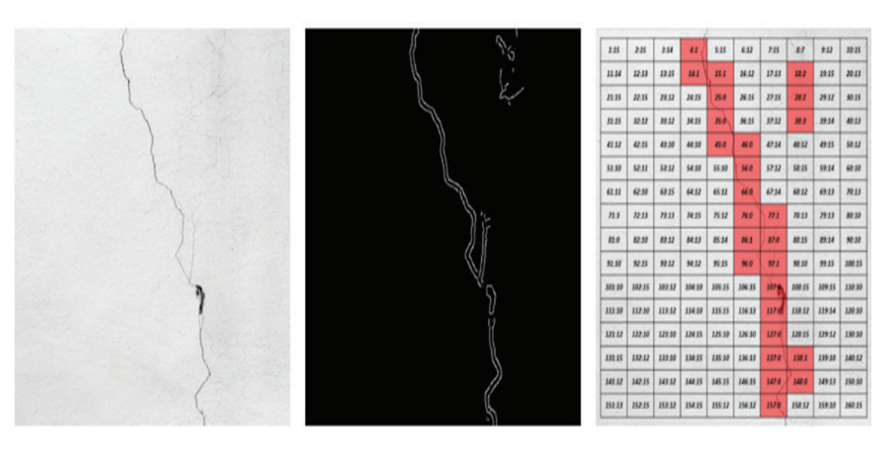
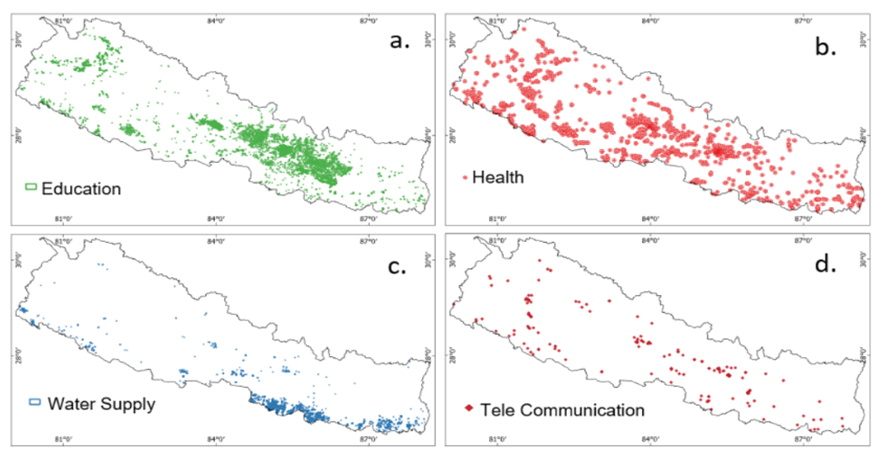
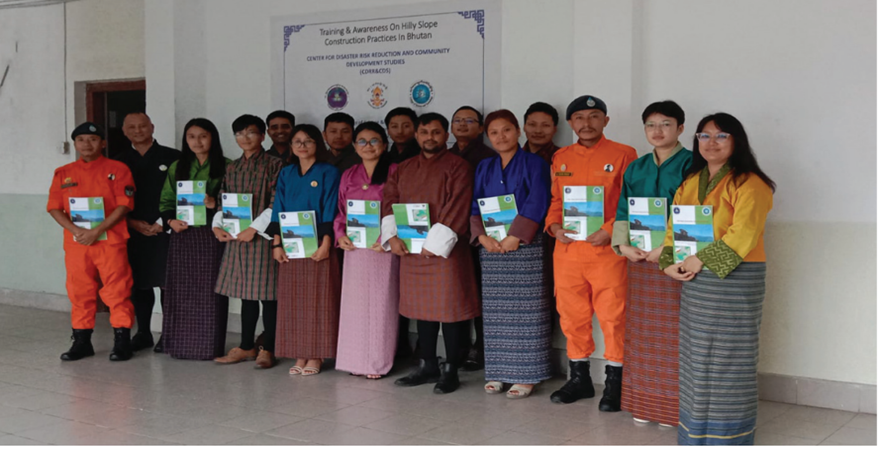
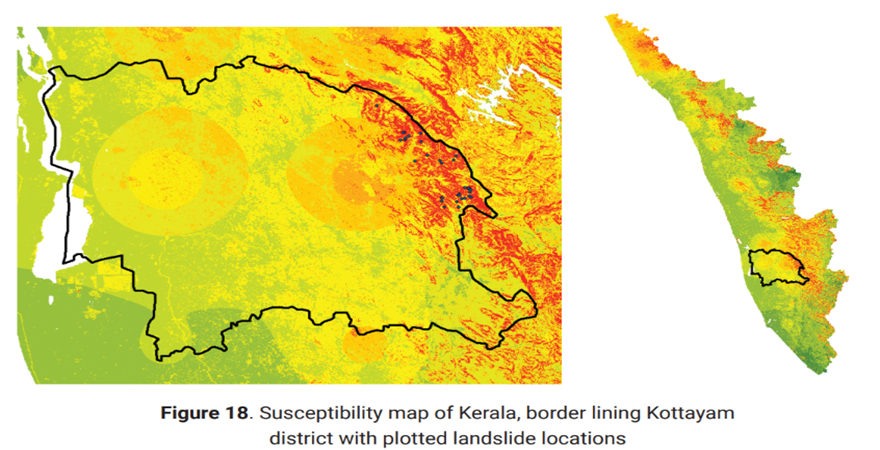
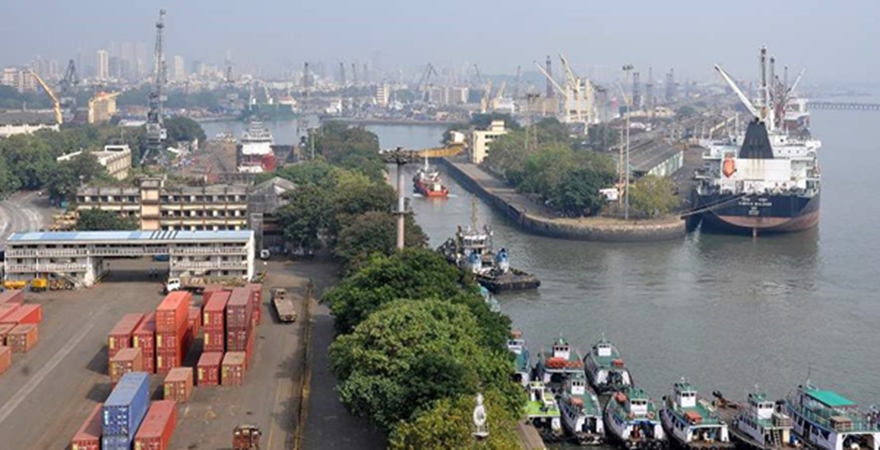
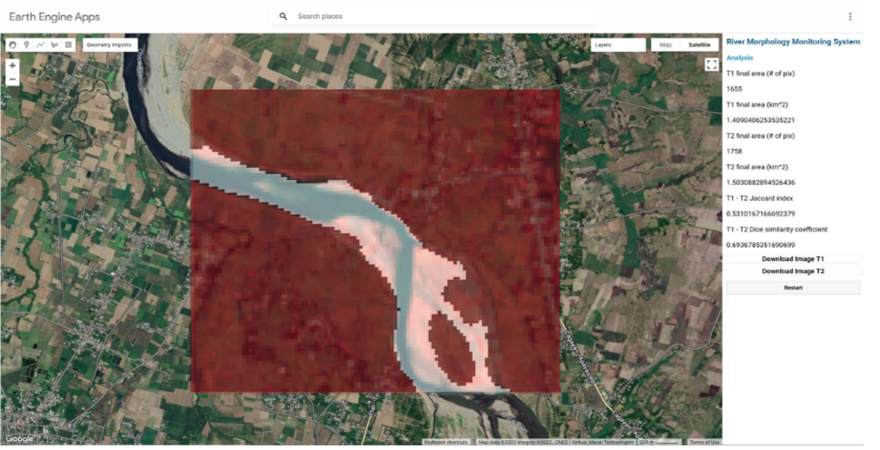
.png)
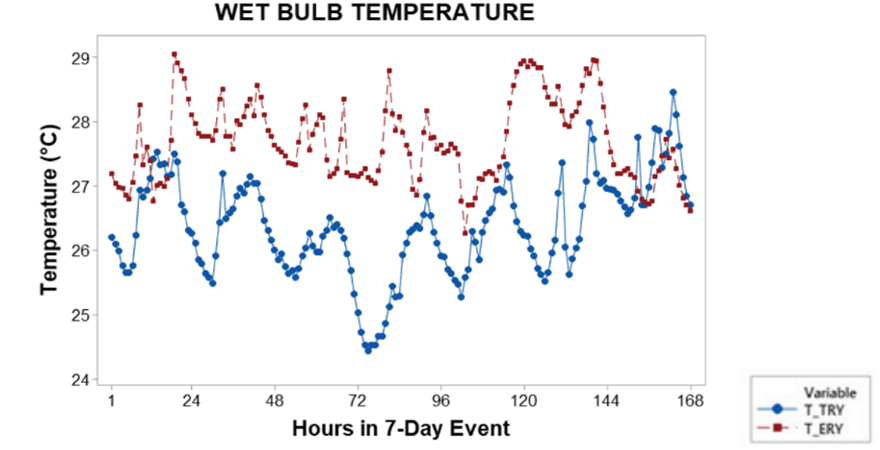
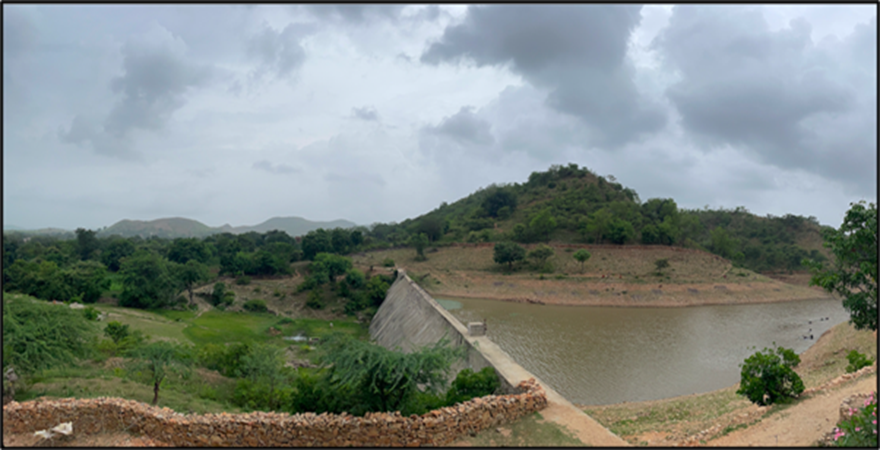
.png)
, nepal.png)

